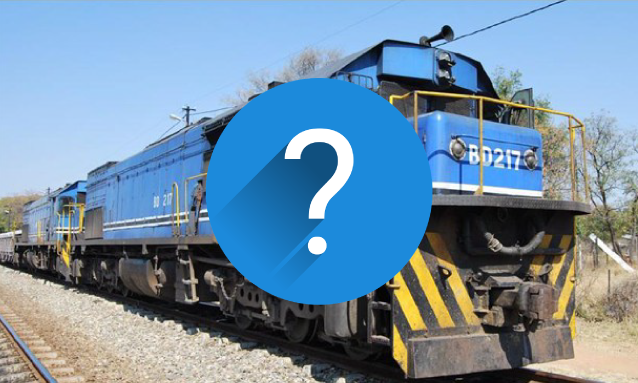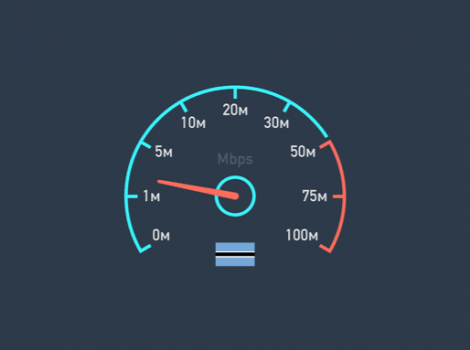
I must admit that I had a wry smile on my face when I read recent reports of proposals to have our rail network extended.
I say ‘wry smile’ because some 25 years ago, a quarter-century, I had the honour of being the Board Chairperson of Botswana Railways (BR). I had approached the Ministry (of Transport and Communications) with my proposals of expanding the services of BR. I was called to a meeting with three senior officials of the ministry to put forth my views and ideas of the rail network expansion.
I proposed that since we were busy constructing a rail line to service the needs of the proposed salt mining area of Sowa we could extend that rail line all the way to Kazungula so that we could become a transportation hub to the markets in Zambia, DRC and even further into central Africa.
The officials rejected my idea saying that the project would not work because there was no ‘bridge’ to cross the Zambezi River and until this was constructed nothing could be done.
I tried to argue that we should open a container hub/terminal in Kazungula so that the trucks need not travel the length of Botswana to South Africa by road when the containers could be delivered by rail and picked up in Kazungula because regardless the vehicles were then and still are using the ferries to cross the Zambezi River – with or without a bridge. I further tried to strengthen my argument that Pandamatenga was being proposed as an ‘agricultural hub’ for Botswana – this would have assisted the farming community with the much-needed transport needs to market their produce on a larger scale.
I even suggested that we could use the line to attract tourist traffic to the Kazungula/Kasane area using passenger train lines and even connecting to the then existing tourist traffic on the Zimbabwe side up to Victoria Falls etc. All these suggestions were rejected because ‘we have to wait for the bridge to be constructed’. Fast forward to today: we have hundreds of heavily laden container trucks from Zambia and the DRC traversing through Botswana. Needless to say, the damage that they are causing to our road network and the gas emissions that are polluting our environment are yet to be gauged. Travel between Kasane–Francistown and Gaborone and you will witness the heavy volume of these trucks.
The silly response about waiting for the bridge to be constructed before we construct the railway line has and will cost the country dearly. The next proposal that I made was that we needed to build a railway line between Mahalapye and Ellisras (Lephalale) (about a 100 kilometres distance) where the South African authorities were proposing to construct the ‘Medupi’ power station. My argument was that we could supply the power station with coal from Palapye. This was ‘shot’ down because they said ‘South Africa has its own coal; they will not buy coal from us’.
Fast forward to today, we supply coal to Medupi power station and it goes from Palapye by rail via Mahikeng, making almost a U-turn and going up to Lephalale (a journey of over 800 kilometres). I can only presume that we supply the coal at a ‘delivered cost rate’ – in other words, we pay for the rail delivery costs – there go our profits. We could have paid for the rail line construction because of the additional volume of traffic of container and other products that we could have added.
I further proposed that we consider a passenger/commuter rail line in Gaborone from Mogoditshane to Tlokweng (we already had the Pilane/Ramotswa line) to assist people travelling to the city centre and also ease future traffic congestion. We even had a team visit Australia and China because they were in the process of upgrading their passenger rail systems and we may have had an opportunity to purchase their unwanted commuter coaches that were being disposed of. Their response was that they would investigate the proposal, as the routing needed to be looked at in detail because construction of the line could affect the residential, commercial and road networks that were already in place. The idea ‘died’ there.
A quarter of a century later, these ideas are resurfacing and coming to life. Think about it, had the ministry officials ‘thought out of the box’ (then), today we would have virtually paid off our project costs and our railways would have been more financially secure and serving the nation better. Alas for some people ‘thinking is hard work’.
*IQBAL Ebrahim is former BOCCIM president (now Business Botswana) and Francistown mayor.
Source: mmegi.bw



